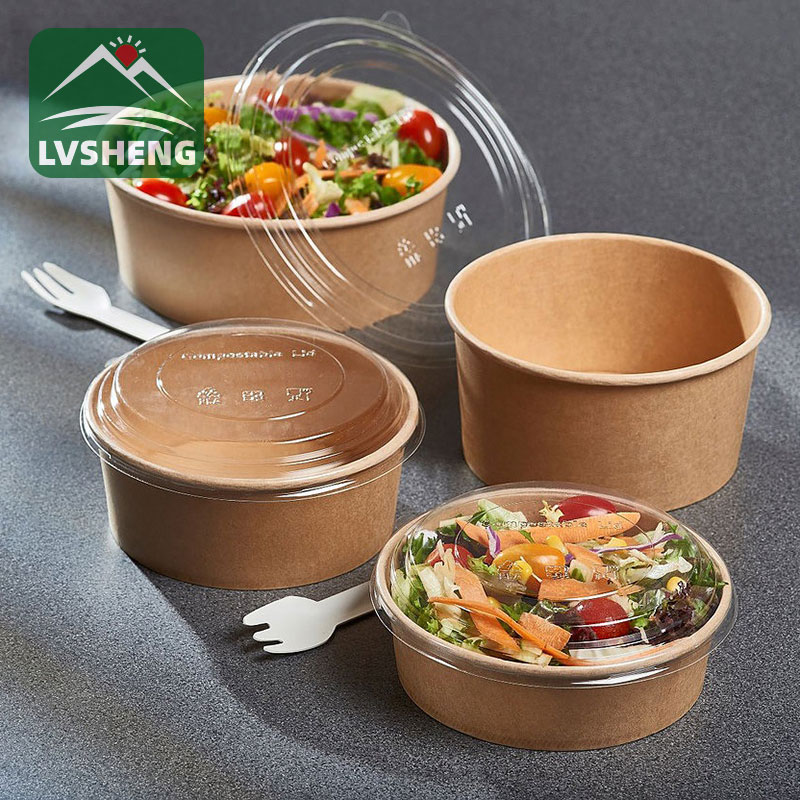Common types of biodegradable food containers
2023-10-17
Biodegradable food containers are environmentally friendly alternatives to traditional food containers that are designed to break down naturally and decompose into organic matter. These containers are typically made from biodegradable materials that can be composted, reducing the environmental impact associated with single-use food packaging. Here are some common types of biodegradable food containers:
1. Bioplastic Containers: Bioplastic containers are made from plant-based materials, such as cornstarch, sugarcane, or potato starch. These materials are renewable and compostable, making them an eco-friendly option. Bioplastic containers often have similar characteristics to traditional plastic containers but with the added benefit of biodegradability.
2. Bagasse Containers: Bagasse is a byproduct of sugarcane processing. Containers made from bagasse are sturdy and suitable for hot and cold foods. They are compostable and can break down naturally in commercial composting facilities.
3. Compostable Paper Containers: Paper containers coated with a compostable and food-safe coating are an option for biodegradable food packaging. They are often used for items like take-out containers, bowls, or trays. Compostable paper containers are made from sustainably sourced paper and can be composted alongside food waste.
4. Bamboo Containers: Bamboo is a rapidly renewable resource and can be used to make biodegradable food containers. Bamboo containers are durable and can withstand hot and cold foods. They are compostable and offer a natural and sustainable alternative to traditional food packaging.
5. Palm Leaf Containers: Palm leaf containers are made from fallen palm leaves and are another eco-friendly option for food packaging. These containers are sturdy, heat-resistant, and compostable. They often have a unique and natural appearance, adding an aesthetic appeal to food presentation.
When choosing biodegradable food containers, look for certifications such as ASTM D6400 or EN 13432, which ensure the products meet specific compostability standards. It's also essential to follow local composting guidelines and ensure proper disposal to maximize their environmental benefits.
Biodegradable food containers provide a sustainable and eco-friendly solution for food packaging, reducing the reliance on single-use plastics and minimizing waste. They are widely used in restaurants, cafes, and other food service establishments that prioritize environmental stewardship and sustainable practices.



